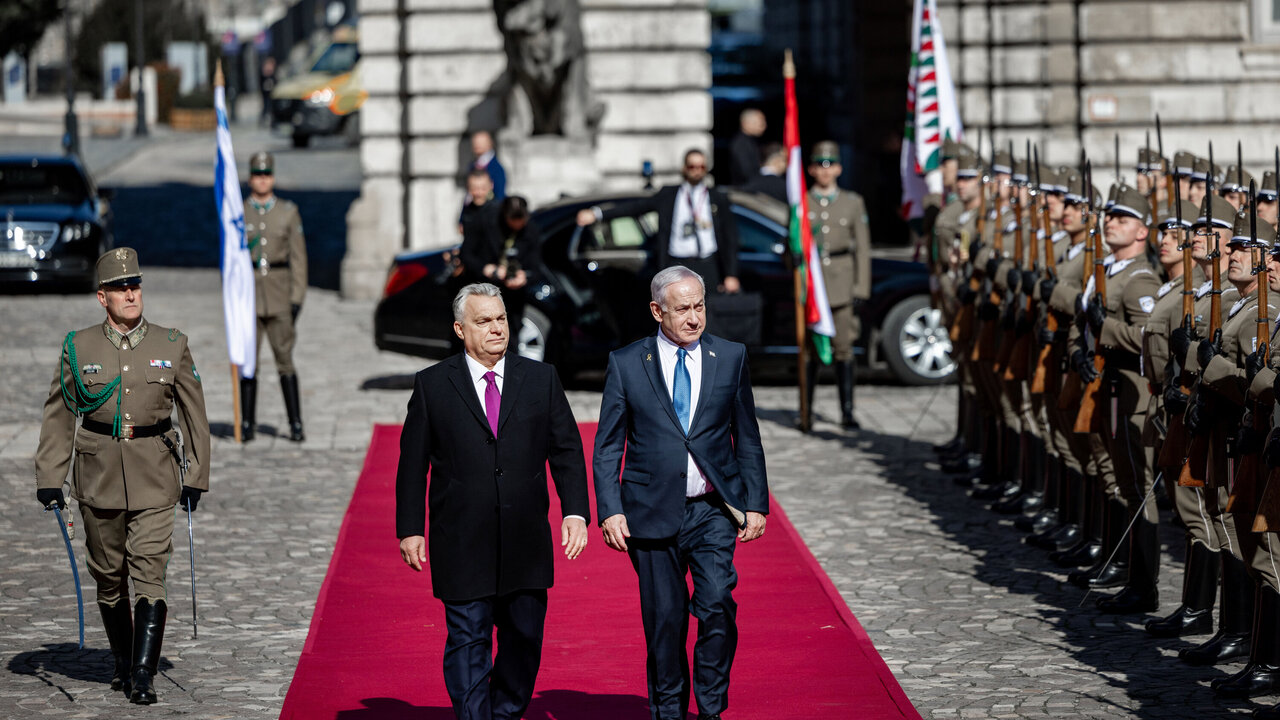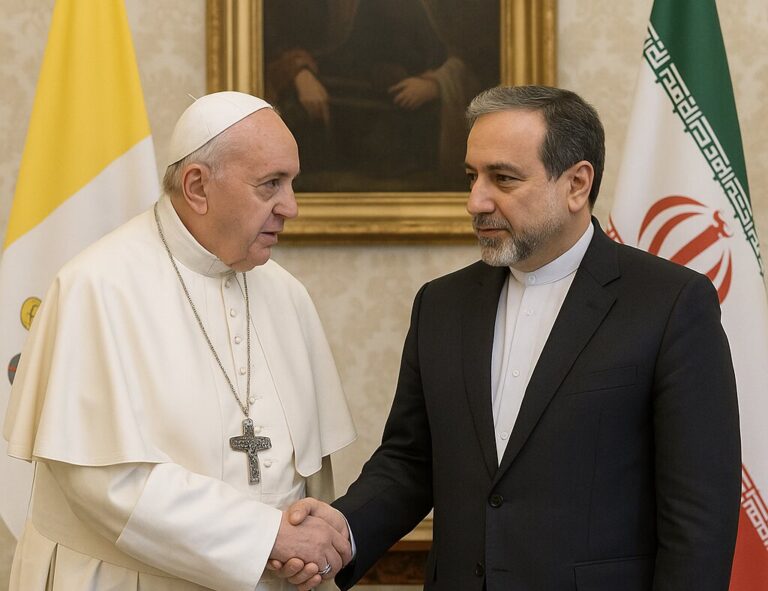ICC Launches Investigation into Hungary’s Inaction on Netanyahu Arrest
Judges at the International Criminal Court (ICC) are seeking an explanation from Hungary regarding its failure to detain Israeli Prime Minister Benjamin Netanyahu during his recent visit to Budapest. This incident has raised significant concerns given the ICC arrest warrant issued against Netanyahu for alleged crimes against humanity related to the ongoing conflict in Gaza.
According to a report by Euro News, the ICC has initiated non-compliance proceedings against Hungary following the warm reception Netanyahu received, which included a red carpet welcome. This situation has sparked a series of discussions about international law, the responsibilities of member states, and Hungary’s stance on the ICC.
During Netanyahu’s visit, Hungarian Prime Minister Viktor Orbán publicly announced his country’s intention to withdraw from the ICC. He asserted on local radio that the ICC is “no longer an impartial court, not a court of law, but a political court.” Orbán’s comments reflect a growing sentiment among some governments that international institutions may be influenced by political considerations rather than legal principles.
Critics have labeled Orbán an autocrat and accused him of obstructing decision-making within the European Union. In defending his administration’s decision not to arrest Netanyahu, Orbán stated, “We signed an international treaty, but we never took all the steps that would otherwise have made it enforceable in Hungary.” He explained that Hungary’s parliament had not enacted the court’s statute into national law, thereby complicating the enforcement of international warrants.
It’s essential to understand the implications of Hungary’s actions, as the ICC judges have previously dismissed similar arguments regarding non-compliance. The ICC and various international organizations have expressed their disapproval of Hungary’s stance against the warrant issued for Netanyahu. This has raised questions about the integrity of international law and the obligations of member states to uphold it.
Here are some key points to consider regarding this situation:
- ICC’s Role: The ICC was established to hold individuals accountable for serious international crimes, including genocide and crimes against humanity.
- Hungary’s Stance: Hungary’s government has indicated a growing discontent with the ICC, suggesting a shift away from international legal obligations.
- Political Implications: Orbán’s comments suggest that he views the ICC as a political entity rather than a judicial one, raising concerns about the politicization of international justice.
- International Response: The ICC and other international bodies are likely to continue scrutinizing Hungary’s actions and may respond to perceived violations of international law.
The ongoing situation highlights the tensions between national sovereignty and international legal obligations. Hungary’s decision not to arrest Netanyahu has significant implications not only for its relationship with the ICC but also for its standing within the European Union. As Hungary moves forward with its plans to withdraw from the ICC, it will be crucial to monitor how this decision impacts its international relations and legal commitments.
Moreover, the broader ramifications of these actions could influence how other countries respond to international arrest warrants issued by the ICC. If Hungary’s defiance goes unchallenged, it may set a precedent for other nations to follow suit, potentially undermining the effectiveness of international criminal law.
As this story unfolds, observers are keenly watching how the ICC will respond to Hungary’s non-compliance proceedings. The international community may also be prompted to reevaluate the mechanisms in place to ensure adherence to international law and the accountability of nations that may choose to disregard it.
In conclusion, the situation surrounding Benjamin Netanyahu’s visit to Hungary raises critical questions about the responsibilities of countries under international law and the role of institutions like the ICC. As Hungary navigates its controversial position, the implications for international justice and cooperation could reverberate far beyond its borders.






